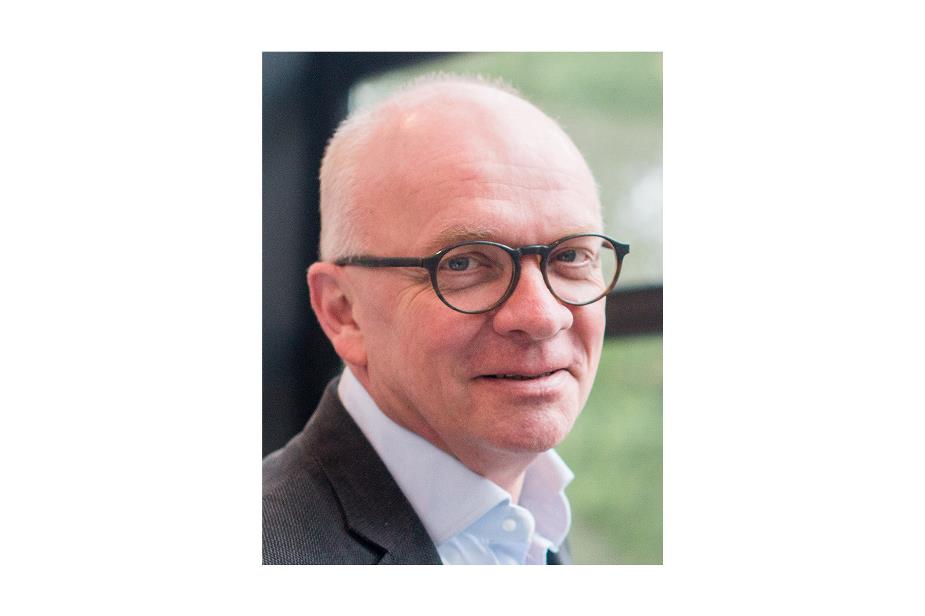New Technology for Health professor: "There is a mismatch between technology and care"

Luc de Witte, appointed professor of Technology for Health on December 1, has spent many years connecting new technologies to health care practice. "Technology and care have to become more interconnected. That is the central research theme of the research group.”
Previous experience
In the past 5 years, Luc worked as a Professor of Health Services Research at the Centre for Assistive Technology and Connected Healthcare at the University of Sheffield. Before that, he was a professor at Zuyd University of Applied Sciences in Heerlen and a professor at Maastricht University. It's more than clear that the brand-new professor at the Health Innovation Centre of Expertise comes with a wealth of knowledge. He was once the first professor in the Netherlands.
So much is possible
Last year, Luc participated in a large-scale study on patents. "The outcome was overwhelming. The study reviewed as many as 3.7 million patents in a number of emerging technology fields." The central question of the study was what impact this might have on the field of assistive technology. Luc: "It's immense what is happening and what the impact of these emerging technologies could be. New technologies reinforce each other and the possibilities only increase. If we use these developments properly, they can make a huge contribution to the quality and efficiency of care."
It often goes wrong
Translating these fast technological developments into the practice of healthcare is difficult and often goes wrong. Caregivers often have little affinity with technology, but technology often also doesn't fit into the daily care routines. Luc talks about a recent visit to a new nursing home equipped with a modern system to monitor, among other things, the wandering behaviour of people living with dementia. Most of the system was turned off. "The bottleneck turned out to be controlling the system. Nurses had to walk around with 2 remote controls plus a regular telephone. That's stupid, of course. Nobody has that many hands."
Disconcerting
Luc supervised several doctoral candidates in robotics research. A study about the match between robot developments on the one hand and the needs of independent living seniors on the other revealed disconcerting results. The functionalities of robots that are being developed have little to do with healthcare needs, while the developers claim that their robots help people to live independently at home for longer. In addition to safety and companionship, seniors need physical help, for example to use the toilet. Robots can't do the latter (yet). "There is a clear mismatch here between what is being developed and what is needed."
South Korea
As an advisor to a national healthcare robotics programme in South Korea, Luc saw how things could be done more efficiently. "Prior to this programme, they conducted a needs assessment. What are the biggest bottlenecks in care? Next, a research programme was developed to focus on these bottlenecks. Researchers were asked to create project proposals, together with companies and care organisations, focused on the bottlenecks mentioned. To receive a subsidy, the project had to yield a concrete product. Within one year of the start of the study, prototypes had already been developed. "I have never seen this speed in the Netherlands and that was an eye-opener. In the Netherlands, a project often stops at publication. In South Korea, it stops when it's ready for the market. And at a tremendously fast pace."
Motivation
Within the research group, Luc wants to conduct research focused on themes of the future. "This is about the future of our degree programmes, the future of our students and a future in which technology actually connects to the practice of care and supports people with disabilities to participate optimally in society. That is my greatest motivation."